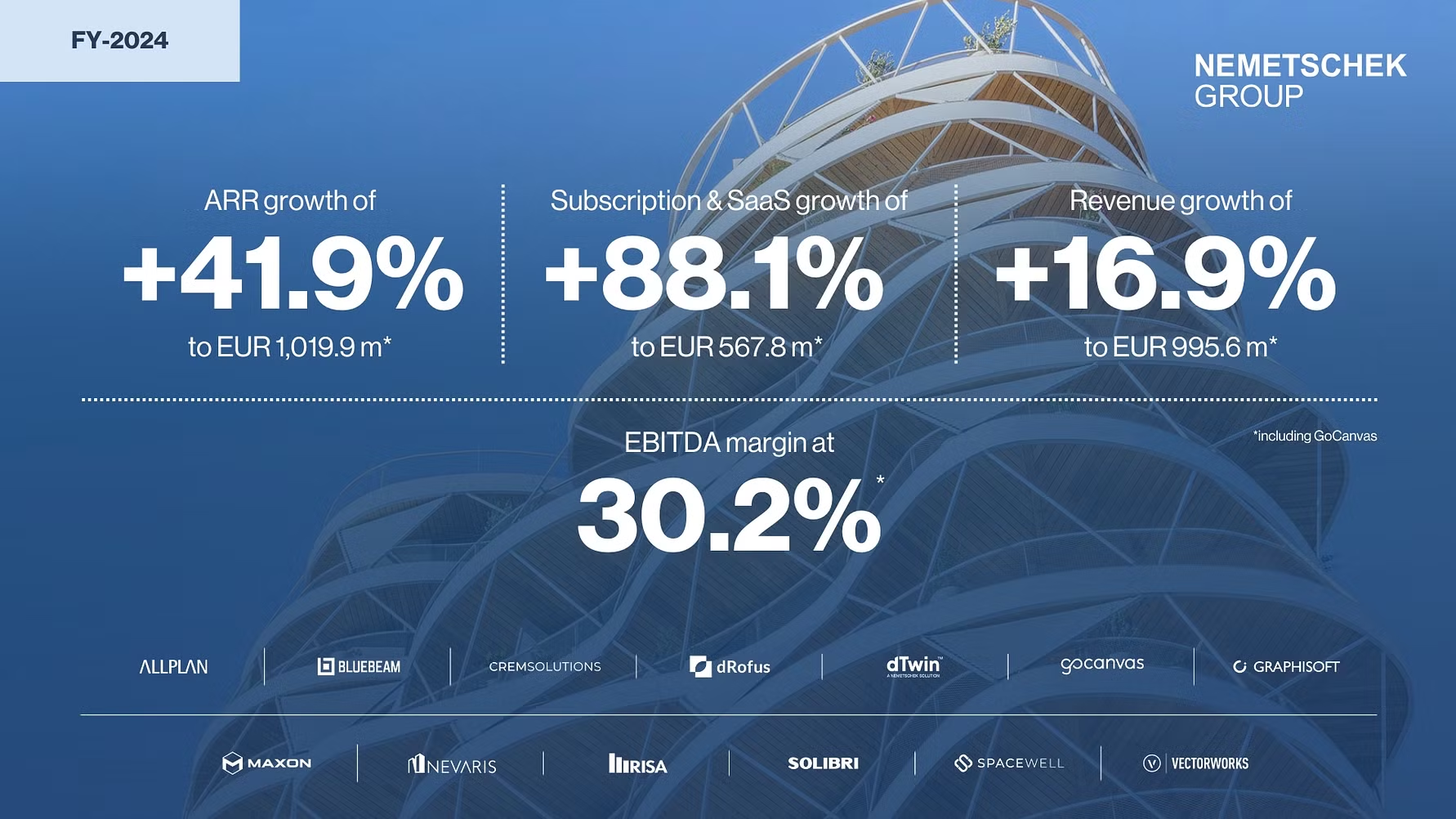Businesses in construction and rail face a whirlwind of operational processes. Appropriate allocation of resources and labour is key to ensuring efficiency and productivity onsite, but what’s the difference between the two, and how do you strike the right balance?
Productivity is the volume of output over a set period. Using site clearance as an example, we could measure productivity onsite as the number of square metres cleared over one working week.
Efficiency refers to the quality of the output and how well allocated resources are utilised to achieve it. Again, using site clearance as an example, efficiency would relate to the standard to which those square metres were cleared and how effectively resources were used.
Two teams – A and B – undertake the same site clearance work. They’re given a target and must follow all proper procedures. In this example, team A met their target, while team B surpassed it. Team B, therefore, they would be the more productive of the two. If upon inspection, however, that team is found to have used incorrect procedures to complete said work, affected parts would have to be redone. This entails allocating additional hours and resources. On the other hand, Team A completed all its work to standard, despite completing less of it. This makes them the more efficient team of the two.
Solutions to productivity and efficiency must be tailor made
The right balance between productivity and efficiency needs to be determined on a case-by-case basis by individual companies. Every sector has its own processes and expectations, meaning a “one size fits all” approach is impossible. When balancing these two elements, it’s important not to view it as sacrificing productivity for efficiency or vice versa.
Poor efficiency doesn’t necessarily equate to great productivity, in fact it’s quite the opposite. If teams are spending a significant amount of time redoing rushed, poor-quality work, resources are being siphoned away from other projects and productivity suffers as a result. In extreme cases, this can come at the cost of clients and contracts, which has a direct effect on staff morale and employee retention.
MWBenney saw 90% increase in time saved using Re-flow’s field management software
That’s why optimising your company’s operational processes to improve efficiency is crucial to achieving sustainable business growth. Many businesses are now trading paperwork systems and fragmented spreadsheet software for more comprehensive, digital field management solutions. With a more efficient foundation that streamlines many repetitive administrative processes, teams on all sides of the business can benefit from more time, where productivity onsite can increase as well.
For example, MWBenney traded their manual processes for Re-flow’s field management software for construction. This led to a reported 90% increase in time saved, a 50% increase in cross-team communication and a 40% reduction in paper. These improvements meant operatives and office staff could do more in the same amount of time, paving the way to increased productivity onsite and across the business.
How does field management software increase productivity onsite?
The main way field management software increases productivity is by automating repetitive admin tasks and streamlining workflows. Rather than physically transporting job packs, forms and communications to remote sites, instant communication between the dashboard and app components of the system allows users to receive all necessary work information through their mobile device.
With digital form completion through said app, automated workflows can be triggered based on submitted data. This means actions such as recording vehicle defects or scheduling servicing no longer need to be done by a staff member, enabling resources to be diverted elsewhere.
Meanwhile, efficiency is also improved. Asset management ensures that equipment is serviceable, workers are properly qualified to carry out work and materials are being properly accounted for and stocked as needed. Enabling compliance through forms helps reduce errors in reporting. This, coupled with evidencing work through capture, sign-off and tracking, ensures work is completed to standard. All this feeds into live data reports, facilitating forward planning and data-driven decisions that help to measure and improve efficiencies across the business.
What are the benefits of improved productivity and efficiency?
The benefits of balancing productivity and efficiency are more than just financial. Declines in worker safety, along with adverse environmental impacts, are both consequences of neglecting efficiency in favour of raw productivity. It’s natural to cut corners when put under pressure with tight deadlines and high productivity quotas.
Despite that, it’s not a position any worker should feel forced into. For example, earlier this year, a rail company was fined over half a million pounds for taking shortcuts in their HSE management, which would leave the affected operative permanently unable to work.

Ultimately, the responsibility to ensure that safety and efficiency are not compromised in favour of productivity rests with the companies, not the workers. The steps need to be taken to ensure that HSE standards are maintained and that workers are complying with the correct working practices.
To summarise, productivity is the measure of the quantity of work done, while efficiency measures the quality of said work. Neglecting one in favour of the other can have serious consequences beyond missed deadlines and reduced profitability.
The human and environmental ramifications must be considered, and operatives should never feel forced to make tough decisions to meet unrealistic productivity or efficiency targets. Luckily, the increased adoption of new technologies, such as field management software is offering an accessible way for businesses to find that healthy balance and grow sustainably.
Find the right balance between efficiency and productivity onsite with field management software. Get a free demo of Re-flow and qualify for a free trial, or call 01392574002
*Please note: This is a commercial profile.
Ashley Wing
Head of Sales & Marketing
Re-flow Field Management
Tel: +44 01392 547002






![[VIDEO] Making DorTrak reports easy to read with Fireco Inspecting fire doors at Fireco, firedoor technology, 2023](https://www.pbctoday.co.uk/news/wp-content/uploads/2024/04/JPZ_2364-web-218x150.jpg)
![[VIDEO] Re-flow Field Management review by Traffic Management Installations When TMI began subcontracting for councils and government bodies, they wanted to present their site reporting in a more professional manner](https://www.pbctoday.co.uk/news/wp-content/uploads/2025/03/TMI-Media-1-218x150.png)






